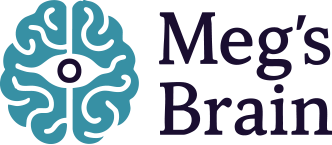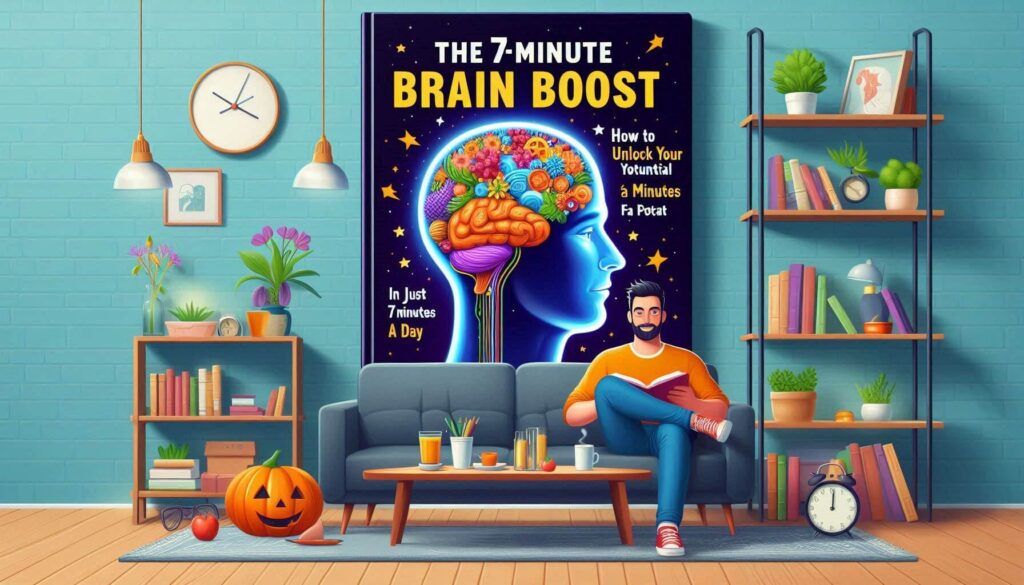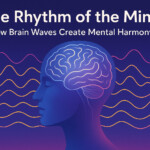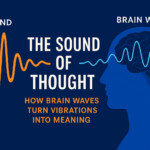Now Reading: The Role Sound Waves for Cognitive Function: Can Audio Improve Your Mind?
- 01
The Role Sound Waves for Cognitive Function: Can Audio Improve Your Mind?
The Role Sound Waves for Cognitive Function: Can Audio Improve Your Mind?

Rhythm, chanting and music have been employed by humans for centuries to alter mood and mind-set. Today Psychnerd wanted to find out: can sound really amplify your cognitive abilities? Cognitive enhancement via audio has quickly developed over the years, particularly with binaural beats and isochronic tones becoming popular. But how much of this is science — and how much is hype?
What Are Sound Frequencies on the Brain?
You rattle around in your body and, at the same time, all of these squishy organs are trying to stay quiet. Neurons exchange information through electric waves, which synchronize to create rhythmical patterns collectively referred to as brainwaves. Varying frequencies correspond to varying states of mind:
Delta (0.5–4 Hz): Deep sleep and recuperation
Theta (4–8 Hz): Calmness, relaxationMemory integrationCreativity
Alpha (8–12 Hz): Relaxed focus, flow state
Beta (12–30 Hz): Active, busy or anxious thinking and active concentration, arousal, cognition fast wall-eye movement concentration Kick ass brainic activity Pour water on the fire behind The curtain Subscriber to anxiety Beta waves can indicate intellectual properties Be creative.
Gamma (30-100 Hz): Advanced learning, perception
It’s a simple theory: if you listen to sound frequency ranges that are in tune with the different brainwave frequencies, your brain is naturally going to start sounding these sounds as well—thanks to something called entrainment.
Evidence Behind Cognitive Enhancement
Research suggests promising benefits:
Memory: Theta frequencies might enhance learning consolidation.
Focus: Alpha entrainment enhances the sustain of attention.
Stress Relief: We know that lower-frequency beats reduce cortisol and create a feeling of calm.
Creativity: Transitioning into the theta and gamma states opens up divergent thought.
Can Audio Content Actually Activate Your Brain?
Skeptics say results are individualized and dependent on environment, mindset and routine. Still, sound frequencies and lifestyle habits — such as sleep, exercise and meditation practices — have a synergistic power on brain performance.
Exercises to Try on Your Own
Headphones should be worn when listening to binaural beats to achieve the desired frequency.
Tune to the right frequency for your goal:
Focus = Alpha
Creativity = Theta
Sleep = Delta
Listen for 15–30 minutes daily.
Record your results — any improvement (more clarity, better mood or memory).
Final Thought
Relatively speaking, sound alone is not going to make you smarter in a day but it can manipulate the brain into states that are conducive to learning, focus and creativity Gate put on your thinking caps as we look at 25 things that scientifically happen when we listen to music. With healthy lifestyles, audio brain training is a useful method to improve cognition.
👉 Give GENIUS WAVE a shot and experience the sound-power yourself!
The question of whether audio can “exercise” the brain? Yes — if done consistently and intentionally it has the power to unlock your inborn potential.
👉 Related read: Is Brain Frequency Holding You Back? Unlock Peak Performance with Alpha Waves for more insights on brainwave focus and mental clarity.
